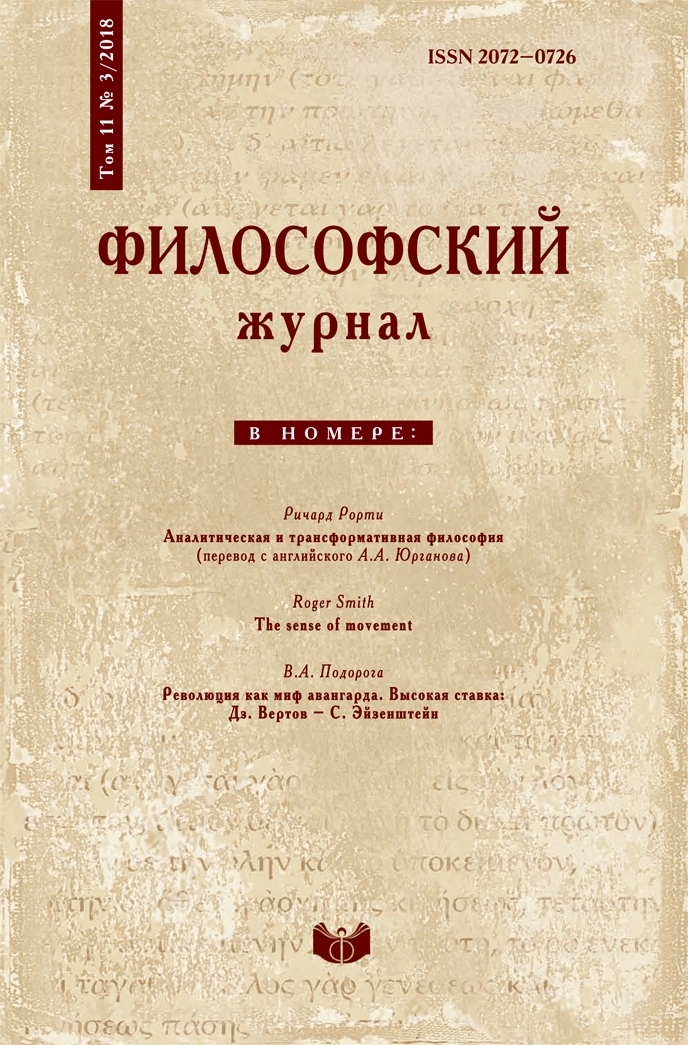The principle of self-diffusion of the Good: from Plato to Bonaventura
DOI:
https://doi.org/10.21146/2072-0726-2018-11-3-88-105Keywords:
ancient philosophy, Neoplatonism, patristics, scholasticism, metaphysics, agathology, the Good, being, emanation, creation, participationAbstract
In this article, the author investigates the origins and the main stages in the development of the doctrine of self-diffusion of the Good in ancient philosophy, patristics and medieval scholasticism. The first formulation of the idea of the Good as a universal principle, which is not only the final goal of all things, but also bestows being on all things and renders them capable of cognition, is given by Plato in the Republic. This doctrine of the Good came to be adopted and further reinterpreted both in the ancient philosophy and Christian theology. The present author proposes a classification of the two main forms (or versions) of the concept of self-diffusion of the Good, 'demiurgic' and 'emanational', and identifies their respective attributes when applied in the analysis of the surviving works of the philosophers. It can be shown that in Christian patristic and medieval thinking it is the first, or 'demiurgic', variant of this doctrine that dominates the discourse, since the goodness of the Creator is commonly regarded as the main reason for creating the world, and his bestowing of goodness on all things is viewed as an act of free will, which presupposes communication of the Good by way of assimilation and participation. The 'emanational' version of the concept of self-diffusion of the Good, on the other hand, was characteristic of Neoplatonism, and as such was adopted by Christian thinkers only to a limited degree: it was applied almost exclusively to justify the existence of the three consubstantial and coeternal hypostases in one God.






